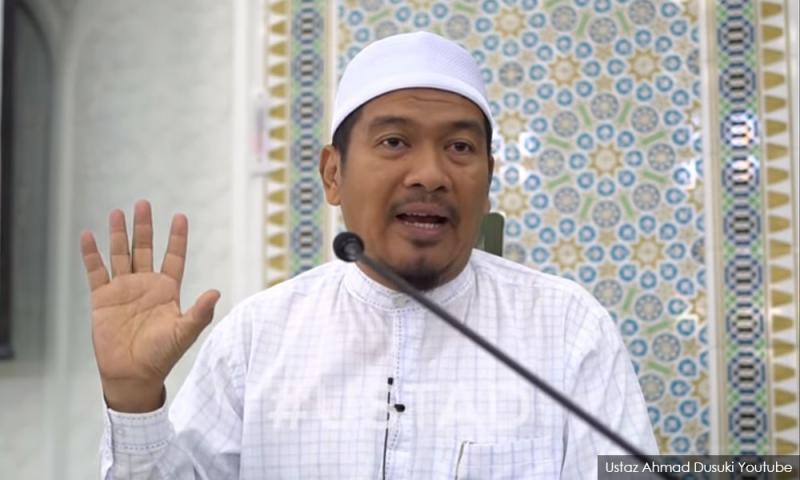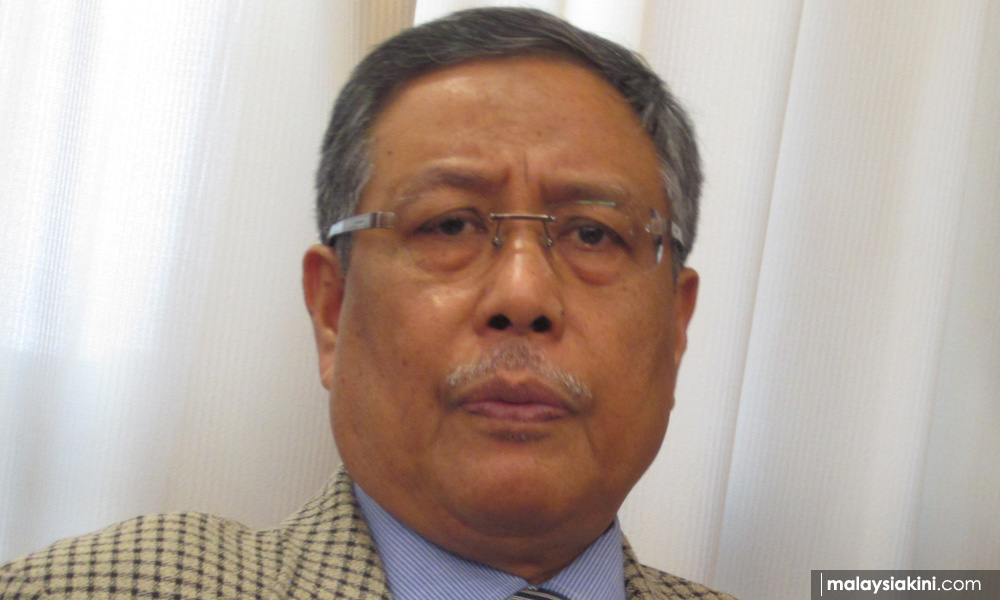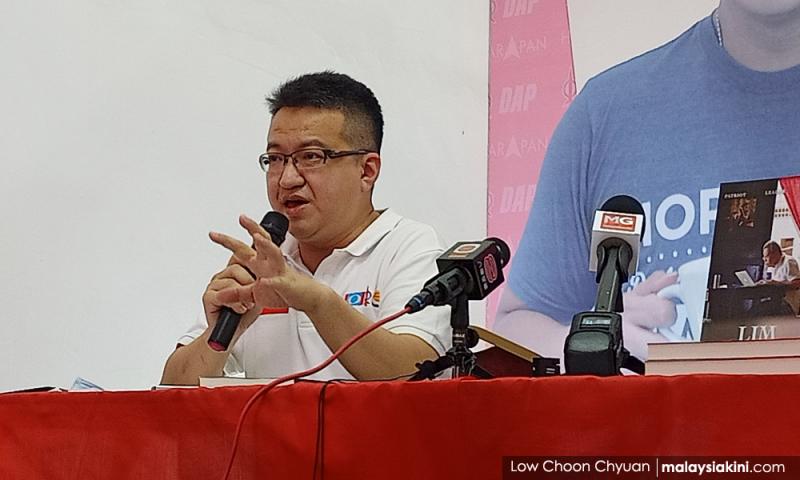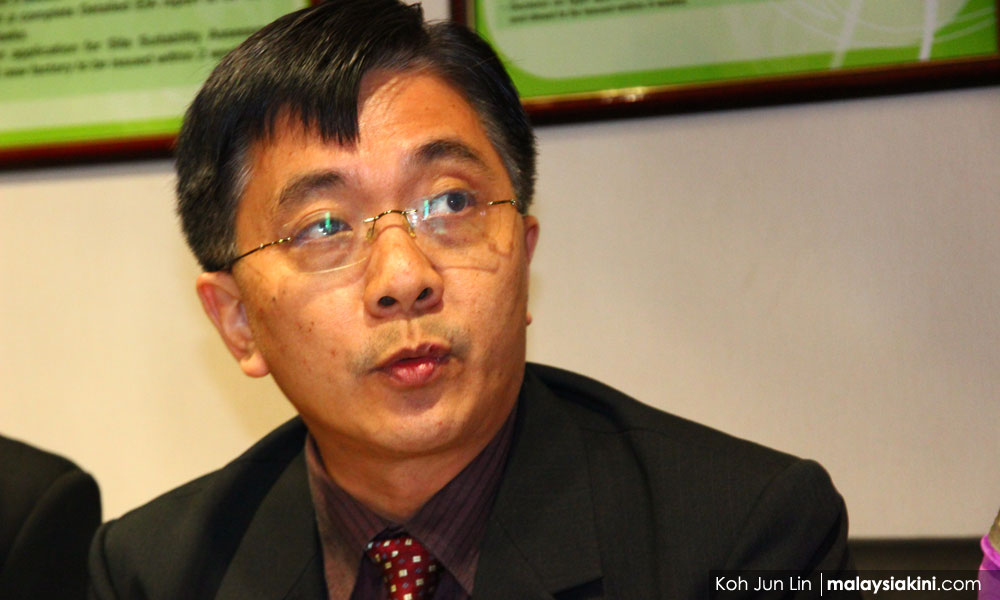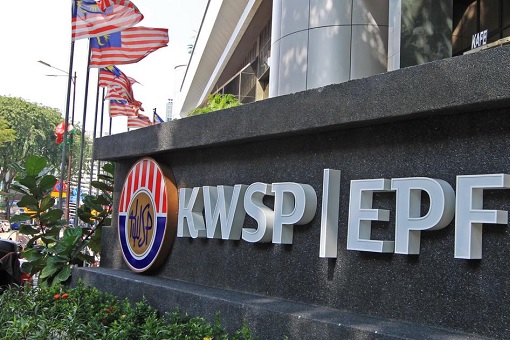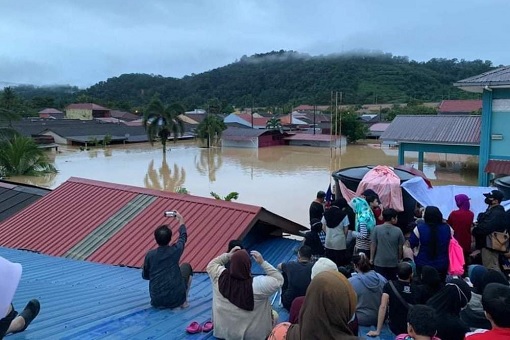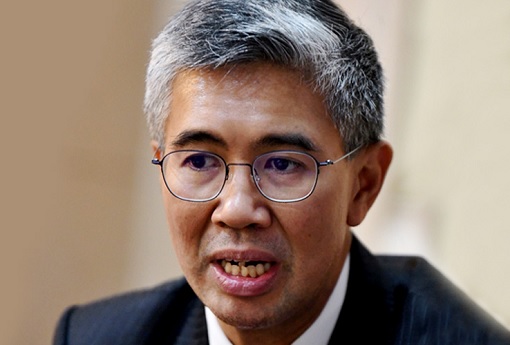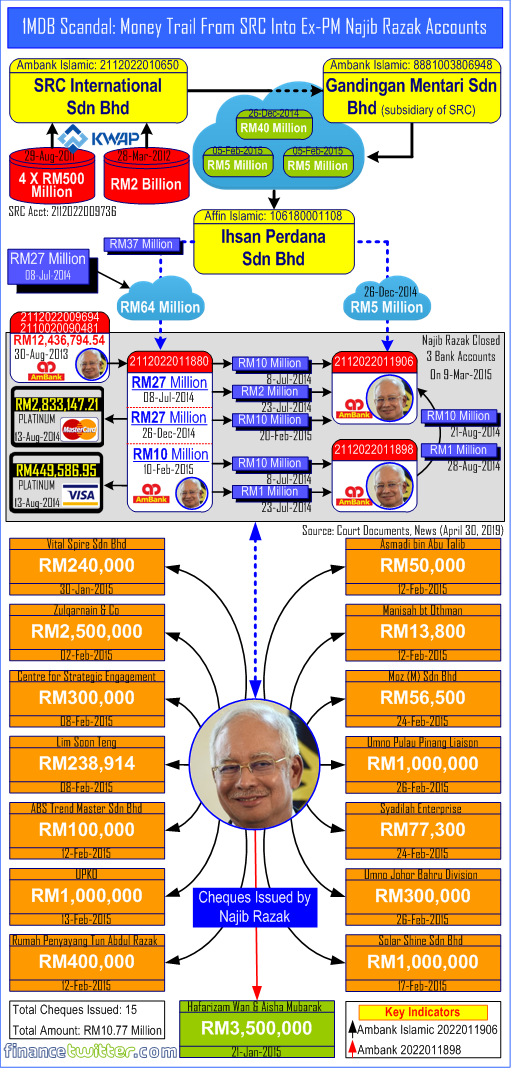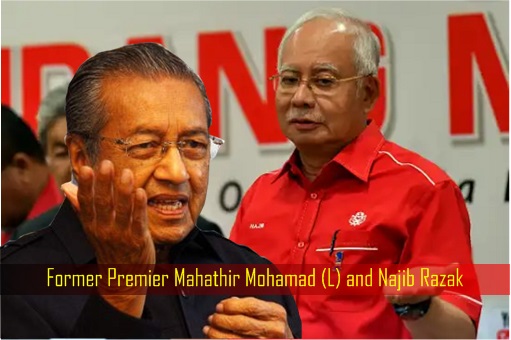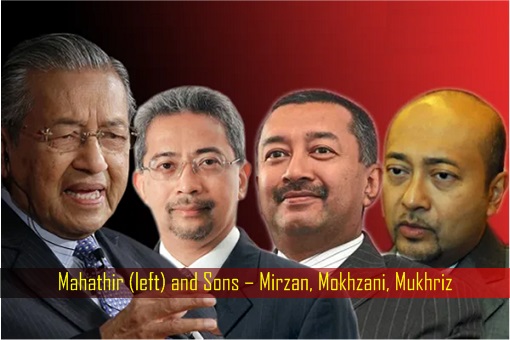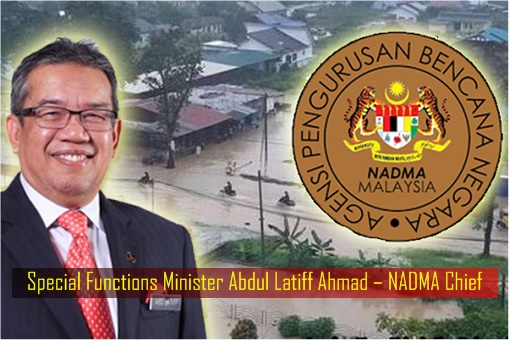MM:
Pudu traders, led by DAP lawmaker and business groups, form action committee to protest Jalan Yew bridge expansion in KL

Traders held a protest against the planned expansion of the Jalan Yew-Sungai Besi overhead bridge in Kuala Lumpur December 31, 2021. ― Pictures by Ahmad Zamzahuri
KUALA LUMPUR, Dec 31 ― Worried that they could be displaced by the planned expansion of the Jalan Yew-Sungai Besi overhead bridge, traders at one of the capital city’s oldest markets today rallied behind an action committee formed to protest against the project.
Tan Kok Wai, the DAP Member of Parliament for Cheras, announced the formation of the committee this morning alongside other multiracial key members composed mostly of small and petty traders and residents associations.
Tan had described the planned expansion of the busy bridge as “destructive” to the lives and livelihoods of nearby residents and traders, and likening it to a “man-made disaster”.
He criticised the Kuala Lumpur City Hall (DBKL) and the federal government for green lighting the project, suggesting the move was insensitive to the small and petty traders who have traded there, many for generations.

The planned expansion of the busy bridge is described as ‘destructive’ to the lives and livelihoods of nearby residents and traders, and likening it to a ‘man-made disaster’.
“There are natural disasters and there are man-made disasters,” Tan told reporters who had gathered at one of the restaurants at Pudu market, located underneath but parallel to the bridge.
“This project is destructive for the lives and livelihoods of the hardworking people around this area, hence why we have formed this action committee to protest it,” the KL lawmaker added.
“I would like to tell you that 25 associations including residents associations are members of this committee.”

Pudu market, adjacent to Jalan Pudu, is one of the city’s oldest and busiest business districts.
DBKL had reportedly proposed expanding the flyover that connects the Sungai Besi Highway and Kuala Lumpur-Seremban Highway, on both sides but met protest from business owners and traders who claimed they were not consulted.
Pudu market, adjacent to Jalan Pudu, is one of the city’s oldest and busiest business districts.
A melting pot of cultures and communities, culture enthusiasts and urban conservationists have long called for the authorities to protect the district from overt development.
The Star reported that Pudu Hawkers and Petty Traders Association secretary Chai Mei Li had submitted an objection letter to Kuala Lumpur mayor Datuk Seri Mahadi Che Ngah, calling for the cancellation of the project.
The letter was signed by six business associations in and around the area, representing some 2,000 traders and shop owners.
Today, the committee began raising buntings and banners with protest messages that chided the government as insensitive, accusing them of caring more about mega developments that benefit a wealthy few.
Tan said the committee will campaign to get the project postponed, or even cancelled.

DBKL had reportedly proposed expanding the flyover that connects the Sungai Besi Highway and Kuala Lumpur-Seremban Highway, on both sides but met protest from business owners and traders who claimed they were not consulted.




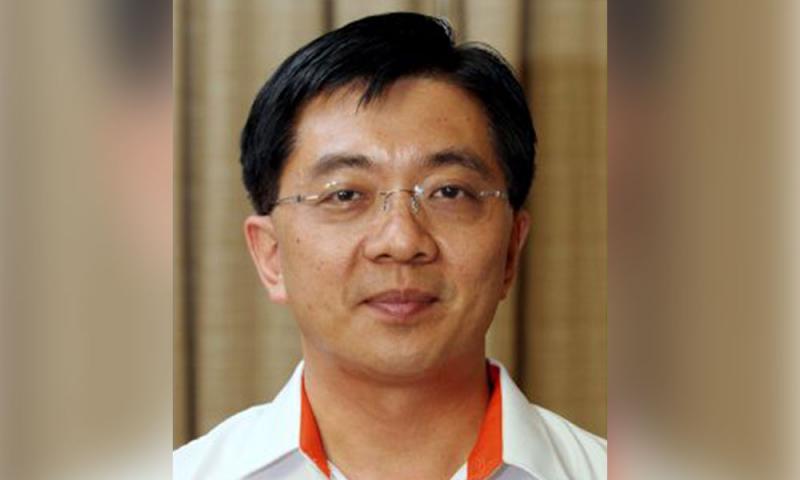
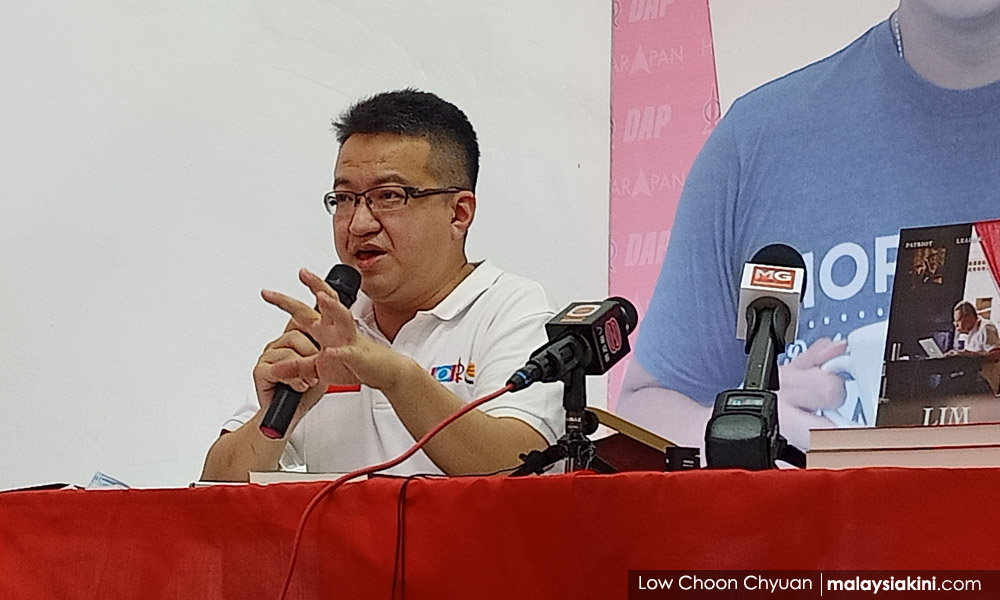








 \
\



.JPG)
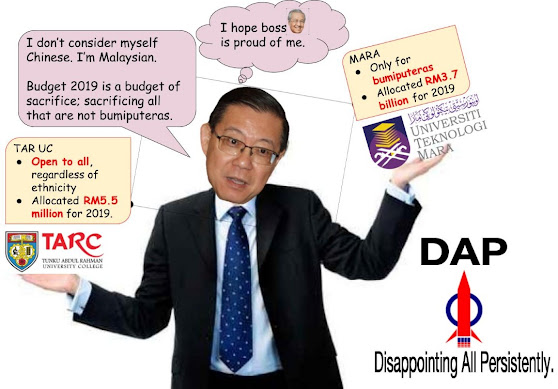

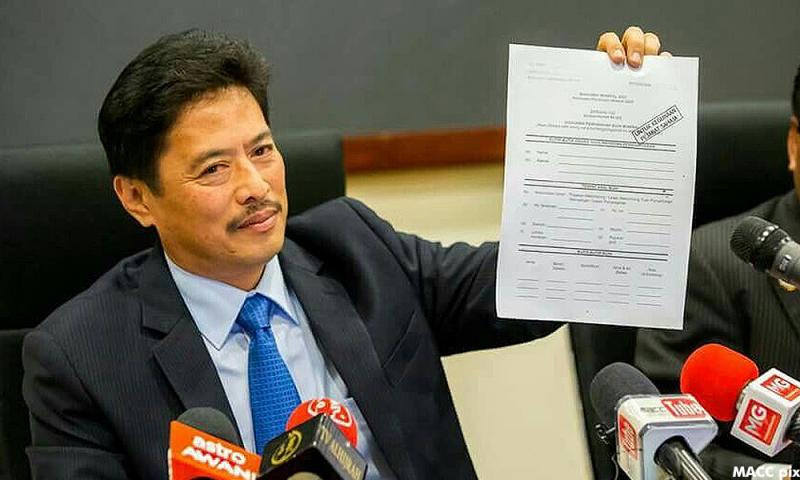







.JPG)

